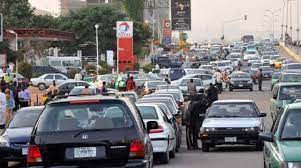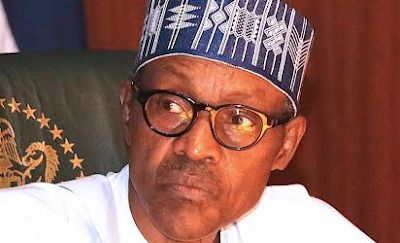By Bayo Sodade
Nigeria parades a plethora of
unflattering socioeconomic indices. With a poverty head count of 53.9%, the
population of the poor in Nigeria of about 100 million is more than the whole
population of Egypt(93m), United Kingdom (65m), France (64m) , Turkey (79m),
Democratic Republic of Congo(79m) among others. Nigeria’s
Human Development Index value for 2015 of 0.514 is below the average for
sub-Saharan Africa, putting the country in the
low human development category, positioning it at 152 out of 188 countries and
territories under the UNDP ranking.

Nigeria’s life expectancy at
birth of 52.8 years is among the worst in the world compared to 60.6 years
average for other low HDI countries and 64.1 years for Ethiopia and
58.7 years for Democratic Republic of Congo. The World Economic Forum uses
Human Capital Report to rank countries on how well they are deploying their
peoples’ talents. The index takes a life-course approach to human capital,
evaluating the levels of education, skills and employment. The 2016 Human
Capital Report ranked Nigeria
127 out of 130 countries, the worst country in Africa except for Chad and Mauritania.
Juxtaposed with these
bleak statistics is monumental profligacy enshrined in our ethos and
manifesting in the debasement and perversion of our cultural values. We
habitually squander scarce resources on our routine household and business
tasks, on parties and celebrations.
According to experts,
for every one million population 1000 megawatts of electricity is required to
satisfy every need. With a population of about 180 million, Nigeria’s optimum power requirement is about
180,000MW compared to more than 50,000MW that South Africa, with a population of
53 million, generates and distributes. Ironically, enormous amount of the
grossly inadequate energy is being wasted. A study carried out by Lagos State
revealed that 4,358Kwh of electricity is wasted annually. By switching to
energy saving bulbs only, N12.7 billion could be saved in Lagos State
alone. Only 1% of Lagosians practise energy conservation leaving the planet
groaning with 9.5 billion pounds of carbon footprints per annum.










